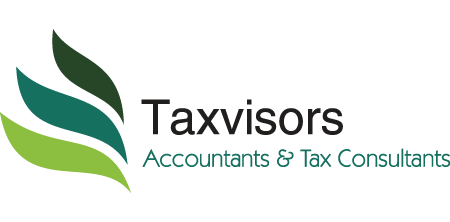What is Investment Income?
Duly described as ‘Passive Income’, this is the number of gains that a company makes apart from its full-time scope of business. The Canadian Revenue Agency (CRA) defines Passive Investment Income as:
- Interest
- Rent (not including rent from associated corporations actively carrying on business)
- Royalties
- Dividends from portfolio investments and non-associated corporations (whether in Canada or overseas)
- Taxable capital gains
Passive investment income does not include:
- Income as a result of regular business activity
- Taxable capital gains from the sale of any assets used in an active business
- Taxable capital gains from the sale of shares of a connected company where all (or substantially all) of the company’s assets are used in an active business carried on primarily in Canada
How Does This Affect My Company?
The Canadian tax system is structured so that investment income earned by a company (whether interest, royalties or rental income) will be taxed at the same rate as investment income earned personally (at the highest tax rate).
A corporation will pay tax on its investment income (capital gains), and simultaneously, a 30.67% portion of the taxes goes into an account called the Refundable Dividend Tax On Hand (RDTOH).
Additionally, the non-taxable 50% of capital gains are added to the Capital Dividend Account (CDA). The corporate income tax rate on capital gains is 50% of the tax rate on investment income because only 50% of a capital gain is taxable.
The RDTOH is refundable to the corporation at 38.33% for each dollar of taxable dividends paid out. As a result, the corporation does not provide for a tax deferral on investment income. Instead, there is a corporate tax on investment income is payable immediately, and a portion of that will be refunded once a taxable dividend has been paid out.
With the CDA, corporations can choose to pay a “capital” dividend up to the balance in the CDA. Such dividends are tax-free and may be preferred by shareholders as a financial option.
Strategies to Minimize Tax Impact
These recent changes by CRA on passive income rules have affected taxation of investment income earned by private corporations. These are especially challenging for small business owners, but strategic planning in advance is key to mitigate some of the financial impacts or take advantage of opportunities.
- It is critical that all expenses related to earning passive investment income are recorded and accounted for to minimize the total investment income reported. This should include an appropriate allocation of expenses to both active and passive income sources.
- Reinvest surplus funds back into the business by paying down debt or loans, or purchasing new equipment/machinery/assets to enhance your active business operations. This has the benefit of adding to your business operations as opposed to funding investment assets that only generate investment income.
- If the investment assets are mostly marketable securities or financial instruments, you should actively consider the investment mix, and adjust it towards a portfolio focused on capital growth rather than interest and dividends.
- Strategically structure future investments in another company that is not associated with the company and its core active business operations.
- Distribute surplus funds to shareholders. This may have corporate and personal tax impacts which need to be considered.
Conclusion
Any investments in a corporation should be structured as efficiently as possible to mitigate the high tax rates that apply to corporate investment income.
As with individual taxpayers, all other things being the same, capital gains are always tax-preferable over interest income, whether the corporation leaves the income invested to grow or pays it out to a shareholder via a dividend.
The right advice on taxation of investment income can result in a significant impact on the corporation’s bottom line.
For any of the above situations, we at Taxvisors are here to help and guide you in every way we can, so that your tax structuring, reporting, and filing is expertly managed and submitted on time, by our team of professionals.
We have been providing complete personal and corporate tax, bookkeeping, and accounting services to Mississauga and The Greater Toronto Area for over 20 years – and can deal with Canada Revenue Agency (CRA) to provide resolution for Tax Reporting, Filing, Reviews, Compliance Checks, and Audits & Appeals.

